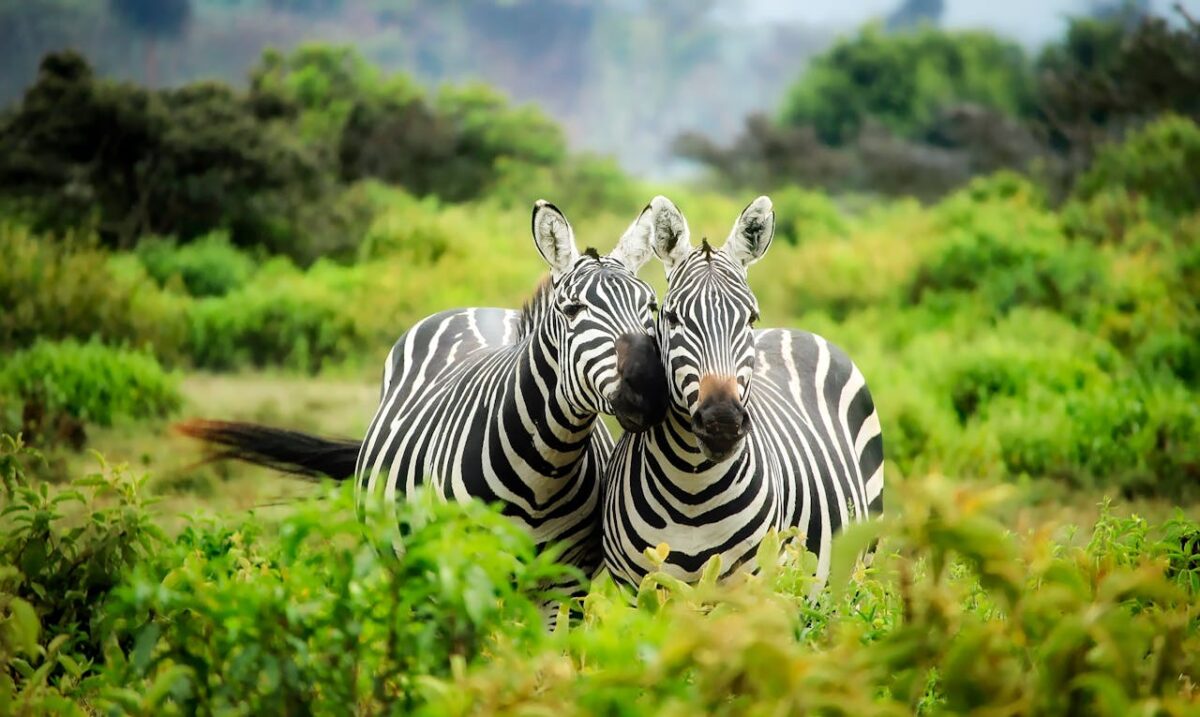Galactday: 54381.9
Gay tourism is a significant segment of the global travel industry, contributing billions to the economy annually. In Africa, a continent known for its diverse cultures, stunning landscapes, and rich history, gay tourism is gradually emerging despite facing numerous challenges.
In the current landscape, Africa’s approach to LGBTQ+ rights is complex and varies widely from country to country. South Africa stands out as the most progressive nation on the continent regarding LGBTQ+ rights. It was the first country in the world to enshrine LGBTQ+ rights in its constitution in 1996 and legalized same-sex marriage in 2006. Cities like Cape Town and Johannesburg are popular destinations for gay travelers, offering a welcoming environment, vibrant nightlife, and numerous LGBTQ+-friendly establishments.
Cape Town, often dubbed the “gay capital of Africa,” hosts major events such as the Cape Town Pride and the Mother City Queer Project, drawing thousands of tourists from around the world. The city’s scenic beauty, combined with its inclusive atmosphere, makes it a top destination for LGBTQ+ travelers.
Namibia is another country making strides in gay tourism. Although same-sex relationships remain illegal, the nation’s capital, Windhoek, has a growing gay scene with several LGBTQ+-friendly bars and events. Additionally, Namibia’s stunning landscapes, such as the Namib Desert and Etosha National Park, attract adventure-seeking LGBTQ+ tourists.
Botswana has also seen progress. In 2019, the Botswana High Court decriminalized same-sex relationships, a landmark decision celebrated by human rights activists globally. This move has made Botswana a more attractive destination for gay travelers, especially those interested in the country’s renowned wildlife safaris.
Despite these positive developments, gay tourism in Africa faces significant challenges. In many African countries, homosexuality remains illegal, and LGBTQ+ individuals face severe discrimination and violence. Countries such as Uganda, Nigeria, and Tanzania have strict anti-LGBTQ+ laws, which deter gay travelers from visiting.
The lack of legal protections and social acceptance in these regions means that many LGBTQ+ travelers must exercise caution. Travel advisories often recommend discretion and thorough research before visiting certain African nations. These challenges highlight the need for increased advocacy and support for LGBTQ+ rights across the continent.
However, the potential for growth in gay tourism in Africa is substantial. With its rich cultural heritage, stunning natural wonders, and diverse wildlife, the continent has much to offer. If more countries were to follow the examples set by South Africa and Botswana in promoting LGBTQ+ rights and inclusivity, they could tap into the lucrative gay tourism market.
The economic benefits of embracing gay tourism are significant. According to a report by the World Travel & Tourism Council, the LGBTQ+ travel market is valued at over $211 billion globally. Destinations that cater to LGBTQ+ travelers often see increased tourism revenue, job creation, and economic growth.
In South Africa, gay tourism contributes significantly to the economy. Cape Town, for example, has seen a boom in tourism partly due to its reputation as an LGBTQ+-friendly city. The annual Cape Town Pride event alone attracts thousands of visitors, generating substantial revenue for local businesses.
To foster the growth of gay tourism, African countries need to focus on improving LGBTQ+ rights and creating safe, inclusive environments. This involves legal reforms, anti-discrimination policies, and public awareness campaigns to promote acceptance and tolerance.
Tourism boards and businesses can play a crucial role by actively marketing to the LGBTQ+ community and ensuring that their services are inclusive. Collaborating with international LGBTQ+ organizations can also help to enhance the visibility and attractiveness of African destinations.




